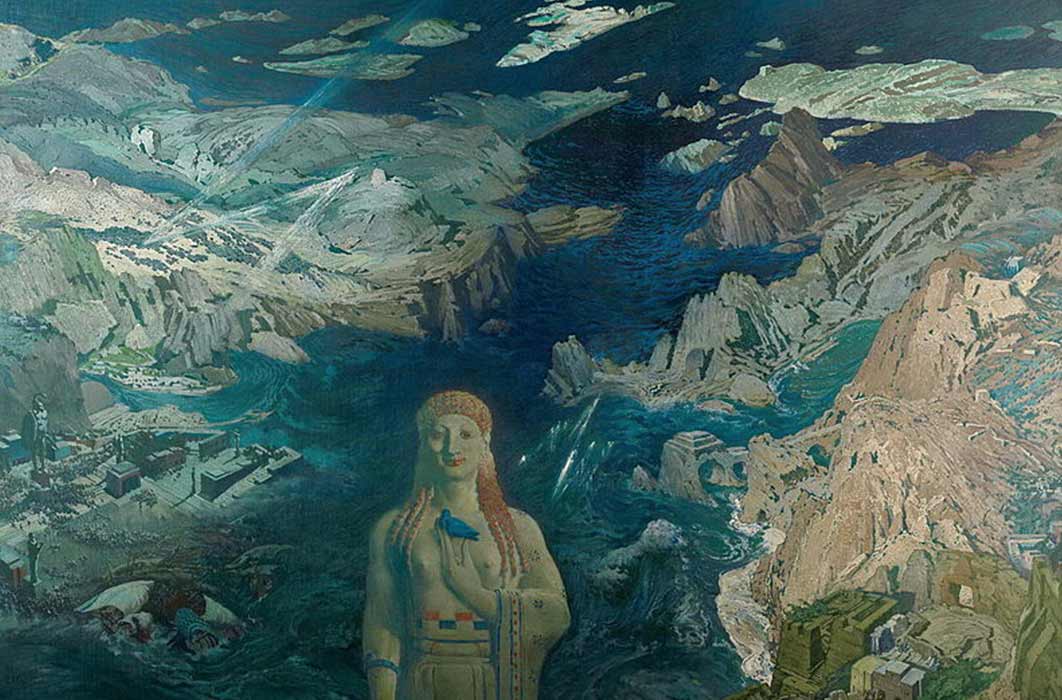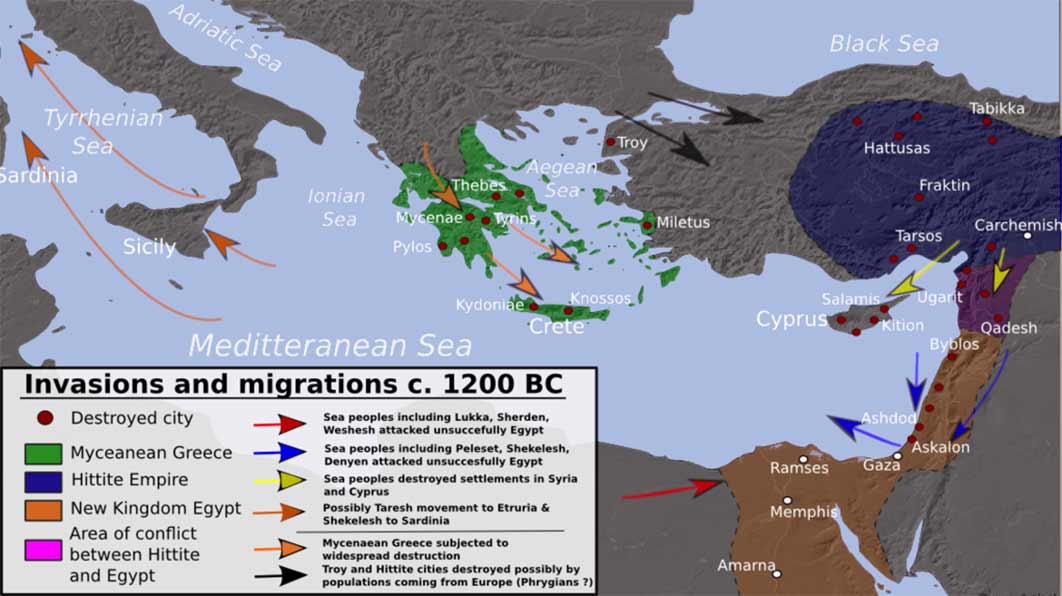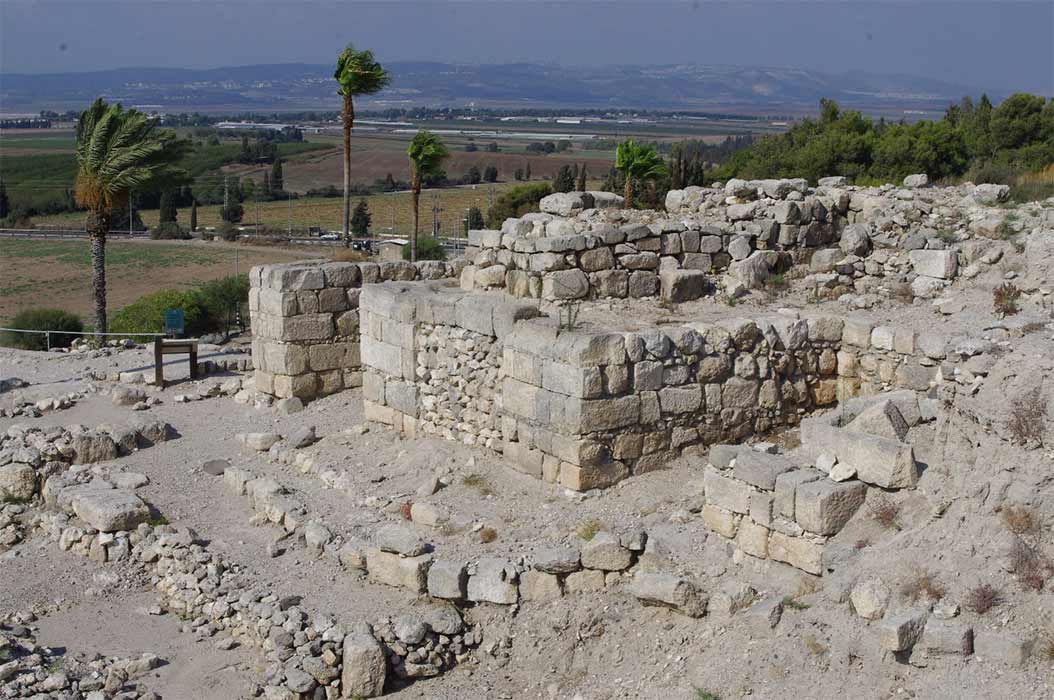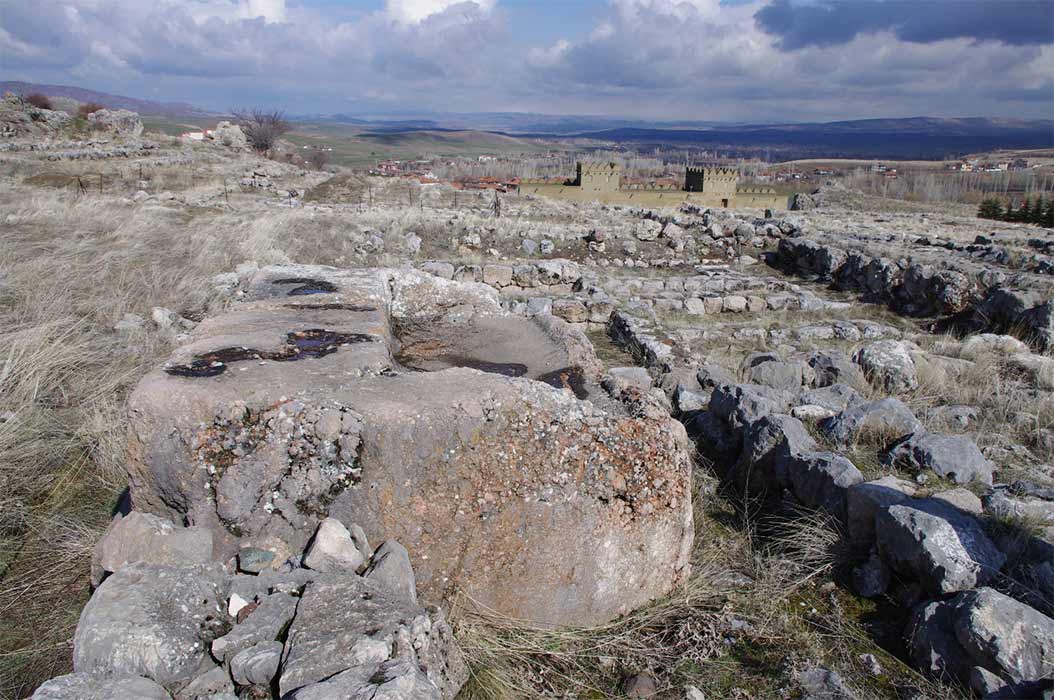
Bronze Age Cataclysmic Comet Responsible For The Sea People
The Late Bronze Age collapse of the 12th century BC is one of the greatest and most enduring puzzles of Mediterranean archaeology. A cosmopolitan age, perhaps one of the first true episodes of globalization in human history, which saw the rise of the first historical empires of Egypt and Babylon, as well as the apogee of the Hittite, Minoan and Mycenean civilizations, came within a few years to a sudden and fiery end. At the same time, a mysterious coalition of peoples, known from contemporary Egyptian inscriptions as the Sea Peoples, appeared on the coasts of Europe, Egypt and the Levant, wreaking havoc on every city or village that they found along their path. Many believe this was the origin of Plato’s story of Atlantis, as retold to Solon by the learned priests of Sais: That of a mighty power that came forth out of the Atlantic Ocean to subdue all of Europe and Africa, as far as Egypt.

Invasions, population movements and destruction during the collapse of the Bronze Age, c. 1200 BC derived from Atlas of World History (2002) (Alexikoua / CC BY-SA 3.0)
Generations of historians have since established a direct connection between the Sea Peoples invasions and the Late Bronze Age collapse. In history, as in many other disciplines, however, correlation does not always mean causation. What then was the role of the mysterious Sea Peoples in the Bronze Age collapse? And from whence did they come to the coasts of Italy, Greece, Egypt, Syria, Lebanon and Turkey?

A gateway into the fortified Philistine citadel of Megiddo, in present-day Israel. (Image: © Marco M. Vigato)
An Age of Cataclysms
The Eastern Mediterranean world of the late second millennium BC was one of exceptional artistic and cultural flourishing, with trade routes stretching far into Europe, Asia and Africa. This produced a cosmopolitan and highly globalized society that would not again be seen until at least the late Hellenistic and Roman period, a thousand years later. It was the time of the Egyptian New Kingdom period, with pharaohs like Amenhotep III, Akhenaton, Tutankhamun and Ramses II, who traded correspondence and held diplomatic relations with Cyprus, Mycenean Greece and the mighty Hittite Empire to the North, in what is today Turkey, Syria and Lebanon. For centuries these great historical civilizations maintained a balance of power that, although not always peaceful, nevertheless favored cultural exchange and international trade on a scale never before seen in human history.

The ruins of Hattusas, capital of the Hittite Empire, near Bogazköy, in present-day Turkey. (Image: © Marco M. Vigato)
Yet, by the year 1177 BC, that world came to a dramatic end. Large empires and small kingdoms alike, which had taken centuries to evolve, collapsed overnight. Within a few years, gone were the splendors of Mycenaean Greece; the great cities of the Levant: Ugarit, Byblos, Sidon and Tyre were laid to waste; the mighty Hittite Empire that for centuries had dominated northern Syria and Anatolia collapsed, its splendid capital city of Hattusas reduced to a smoldering ruin. Of all lands only Egypt was seemingly spared, and then just barely. Much weakened and impoverished, Egypt too would become easy prey for foreign invaders over the following centuries. In the dark age that followed, centuries of cultural and technological evolution were either lost or came to a sudden and dramatic halt, from which they would take another thousand years to recover.




